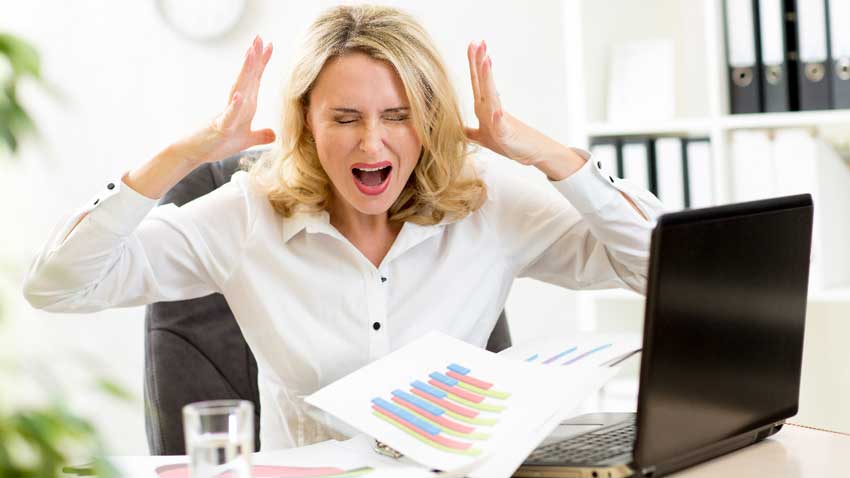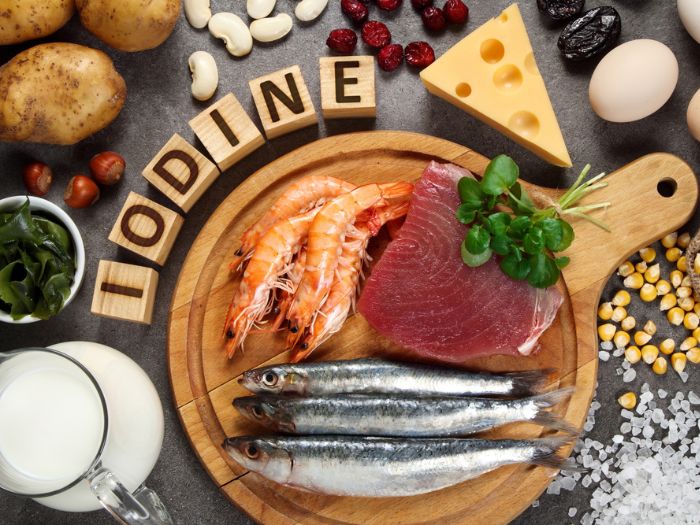After the perfect holiday season is over, it’s time to return to our everyday lives.
But, the thought of going back to reality and dealing with missed deadlines and work commitments is enough to get you a little stressed. So, how do we fight holiday blues? Let’s find out.
First up, how do we react to stress?
While some of us can grin and bear it, others might have diverse responses to holiday blues.
For instance, some might suffer from confusion, unable to think what’s going on, or something more physical, like your heart beating faster or headaches that are pulsating.
Stress can predominantly occur in five different areas; behavioural, psychological, physical, cognitive and social.
For example, a response to stress could be due to decreased exposure to sunlight, especially in Australia, as we have summer Christmas. Called Seasonal Affective Disorder (SAD), the response is similar to suffering from clinical depression coupled with fatigue, changes to appetite, and sadness.
Although not all stress is bad, perhaps it can help some of us to navigate a difficult situation; its build-up or something frequent is not doing anything good.
So, how do you manage holiday blues?
1. Identify reasons that are causing your stress
Stress management starts with identifying things that cause you stress. It could be anything from a person to an event, a significant change in your life, times of uncertainty like the ongoing COVID-19 pandemic, or just the sadness of returning to reality after the perfect holidays. Once you know what is causing your stress, start making reforms in your life.
2. Eat healthily
Why do you think eating your favourite donuts or ice cream is so confronting?
Emotional eating is using food to make yourself feel better. After bouts of endless buffets, snacks, and alcohol, it’s time to eat nutritious food. Eating a healthy diet improves your mental health. A good diet will regulate your blood flow and blood pressure to provide anti-inflammatory effects to fight stressors and their origins.
For example, vitamin E in blueberries and dark chocolate improves blood flow.
3. Get more active
Exercise helps to boost “endorphins,” the happy hormones. And when you do it regularly, it will bring remarkable changes in your physical health. Keeping active enhances your metabolism and counters the adverse effects of stress.
Exercise is so impactful that even when you go out for a walk and get some fresh air, it will reduce your stress.
4. Smoking and drinking add to your worries.
Smoking and drinking make your problems worse. If you’re using them to cope with stress, you’ll find yourself feeling worse.
They might provide temporary relief, but alcohol and smoking can make you more anxious and depressed in the long run.
5. Remember, there is professional help available when you need it.
While by being able to recognise stress, you’ve already taken the first step, the next would be managing it, if not preventing it altogether.
And it’s absolutely ok to talk your issues out with someone. And why not with someone who listens, understands, evaluates, and guides you to your best health.
A professional like a GP or a specialised mental health expert such as a psychologist or counsellor is your best bet in doing so.






